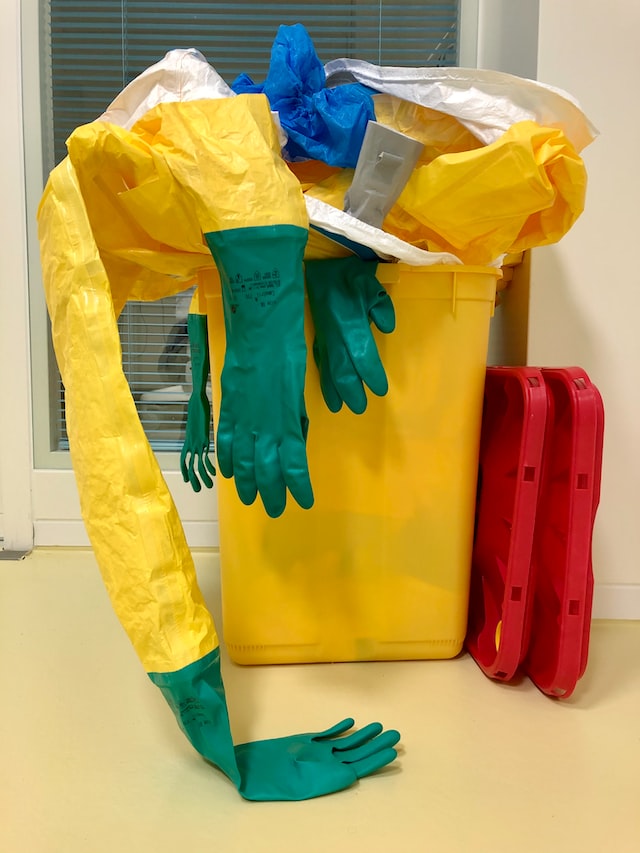What's the Difference Between 'Contagious' and 'Infectious'?
In this blog post we look at when to use contagious and when to use infectious.
'Contagious' or 'Infectious'?
"Contagious" and "infectious" are two words that are often used to describe the spread of diseases, but they have slightly different meanings.
"Contagious" is an adjective used to describe something that can be easily spread from one person to another, usually by direct or indirect contact.
"Infectious" is an adjective used to describe something that can cause an infection, often used to describe a disease or condition that can be transmitted by microorganisms such as viruses, bacteria, or fungi.
In summary, "contagious" refers to the ease of the spread of a disease, while "infectious" refers to the ability of a disease to cause an infection.
It's worth noting that, while both words can be used to describe the spread of diseases, they may also be used in other contexts.
For example, "contagious" can be used to describe an emotion or behavior that is easily spread, such as "a contagious laugh" and "infectious" can be used to describe something that is appealing and makes others want to participate as well, such as "an infectious smile."
Here are some sentences to illustrate the difference between “contagious” and “infectious”:
"The flu is highly contagious and can spread quickly through a community."
This sentence is using "contagious" as an adjective to describe the ease of the spread of the flu, which can be easily transmitted by direct or indirect contact.
"Tuberculosis is an infectious disease that can be spread through the air."
This sentence is using "infectious" as an adjective to describe the ability of the disease to cause an infection, in this case, tuberculosis is caused by microorganisms that can be transmitted through the air.
"His enthusiasm was contagious, and soon everyone in the room was smiling."
This sentence is using "contagious" as an adjective to describe how his enthusiasm was easily spread to others, in this case, his enthusiasm made others in the room to be enthusiastic as well.
"The patient is suffering from an infectious disease, and must be kept in isolation."
This sentence is using "infectious" as an adjective to describe the ability of the disease to cause an infection, in this case, the patient has an infectious disease that can be transmitted to others and needs to be isolated to prevent its spread.
Examples of Contagious in a Sentence
The disease is highly contagious and spreads easily from person to person. The patient's condition is contagious and requires isolation to prevent its spread. The virus is highly contagious and can be transmitted through respiratory droplets. The outbreak of the contagious disease prompted a quarantine of the affected area. The patient is contagious and must be isolated until they are no longer infectious. The symptoms of the contagious illness can be easily mistaken for the common cold. The contagious virus can spread quickly through crowded areas. He has a contagious smile that lights up the room. Her laughter was contagious, and soon everyone in the room was laughing. The positive attitude is contagious and it spreads quickly through the team.
Examples of Infectious in a Sentence
The infectious disease is spread through the bite of an infected insect. The symptoms of the infectious illness can be easily mistaken for the common cold. The infectious virus can spread quickly through crowded areas. The infectious disease can be transmitted through direct contact with bodily fluids. The infectious nature of the illness made it difficult to contain the outbreak. The infectious disease is more prevalent during the winter months. The infectious disease can be treated with antibiotics, but preventative measures are key. The enthusiasm for the project was infectious, motivating everyone to work harder. The cheer was infectious and it spread through the crowd quickly. The joy of the moment was infectious and it was felt by everyone in the room.

